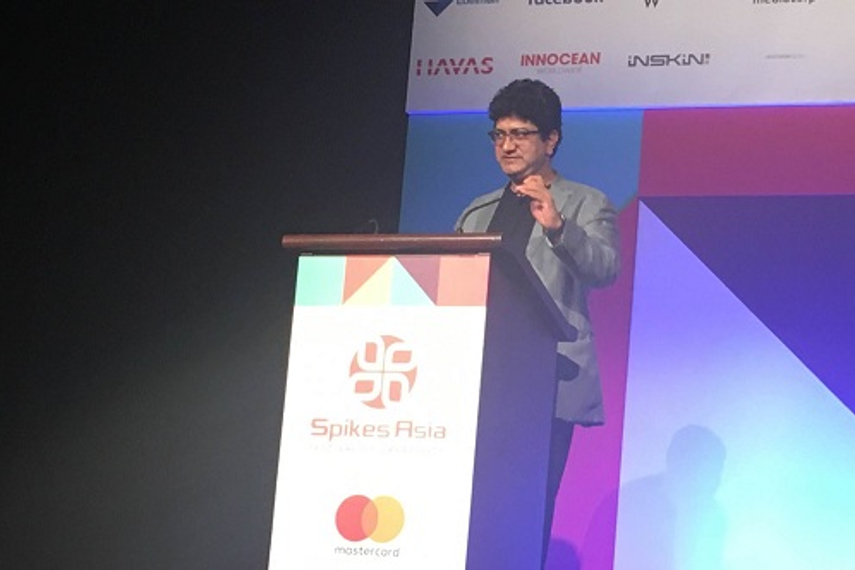
Please sign in or register
Existing users sign in here
Having trouble signing in?
Contact Customer Support at
[email protected]
or call+91 22 69489600
McCann's Harris Diamond and Prasoon Joshi, opened Spikes 2016 with a session on local culture'

Contact Customer Support at
[email protected]
or call+91 22 69489600
Top news, insights and analysis every weekday
Sign up for Campaign Bulletins
Saatchi & Saatchi took on AMV BBDO and Havas at the final stage.
WPP Media was the incumbent on the account.
In the noise of the country’s booming live entertainment market, experiential utility, not visibility, has become the differentiator.
It will manage the brand's public relations and brand communications during its next growth phase.